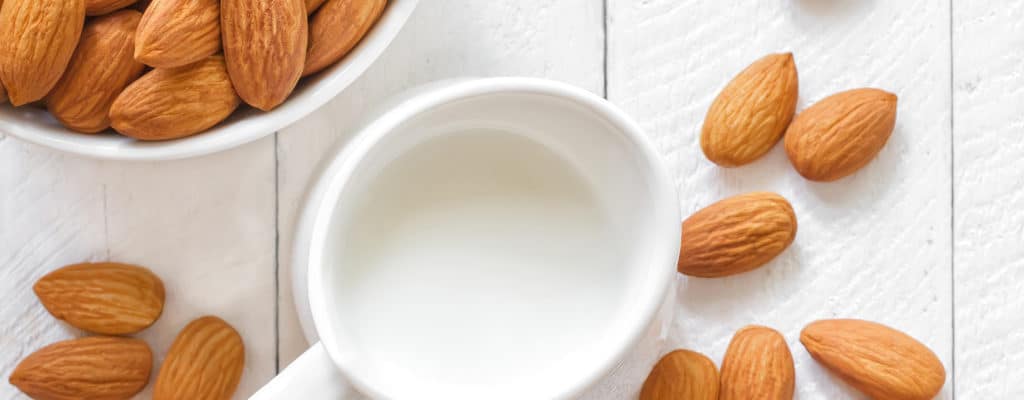
During pregnancy, you often feel hungry. At this time, if you can, eat a handful of almonds because almonds are good for pregnant women.
Almonds contain a number of nutrients that are essential for fetal development. Not only almonds, some other nuts are also very useful for pregnant women. These nuts contain good fats, nutrients, vitamins and calories that a pregnant woman needs to meet the growing needs during pregnancy.
Many people believe that eating almonds is prone to allergies, but there is no evidence to support that. So, you can eat almonds every day if your body does not have an allergic reaction to these nuts. Use almonds directly or add to other dishes for flavor. Here are some of the benefits of almonds:
1. Protein
Almonds are high in protein, which is beneficial for the fetal muscle development. In addition, protein also plays a very important role in helping you have enough strength and stamina to get through the pregnancy. Besides, it also helps the baby to be healthy and have a good weight when born.
2. Fiber
The fiber content in almonds helps to ease digestion and regulate the bowels. This helps pregnant women avoid the risk of constipation . You should eat enough fiber during pregnancy and almonds are a great choice.
3. Vitamin E
Vitamin E in almonds will help your baby have healthy hair and skin. More importantly, it also keeps you young and beautiful.
4. Calcium
Almonds are high in calcium, which helps to reduce the risk of hypertension and preeclampsia during pregnancy. In addition, calcium is also essential to building strong bones and teeth.
5. Manganese
Manganese helps adjust the right weight for both you and your baby. Besides, it is also helpful in keeping bones healthy.
6. Riboflavin
Almonds contain riboflavin , which is very good for your baby's cognitive development. In addition, this substance also helps provide adequate energy to the body.
7. Magnesium
Magnesium helps in formation and development of the central nervous system of the fetus. In addition, it also makes your bowel movements easier.
8. Folate
Folate (folic acid) is vitamin B9 found in almonds, plays a very important role in the formation of the baby's brain and central nervous system. Folate also helps protect your baby from neural tube defects at birth.
Nutritional ingredients in 100g almonds
Energy: 576 kcal
Carbohydrate: 21.69g
Fat: 49.42g
Protein: 21.22g
Vitamins, beta-carotene, A, B1, B2, B3, B5, B6, B9, choline, E, K
Calcium, iron, magnesium, manganese, phosphorus, potassium, sodium, zinc.












